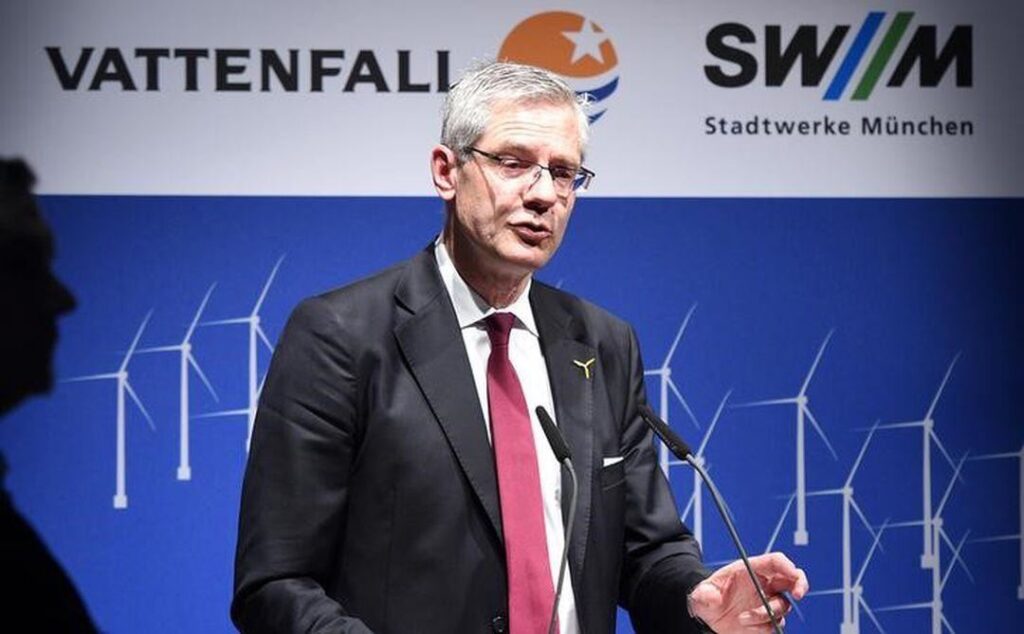
GERMANY. Charging infrastructure for the transport transition: Vattenfall invests half a billion euros
Vattenfall operates a total of around 52,000 charging points for electric cars in three countries. Germany is by far the smallest market.
The Swedish energy company Vattenfall is spending half a billion euros in Germany by 2028 on the expansion of the charging infrastructure. “We are investing around 100 million euros in each of the next five years,” said Fabian Hagmann, Vice-President E-Mobility, Tagesspiegel Background. He heads the Group's international electromobility business in the markets of Sweden, the Netherlands and Germany.
Vattenfall intends to invest 150 million euros per year in all three markets combined, two-thirds of which will be in Germany.
The focus will be on the expansion of charging stations for so-called location partners, who only provide space but do not invest in infrastructure or operation themselves. These are, for example, supermarkets, multi-storey car parks or hotels, said Tim Gansczyk, managing director of Vattenfall's German e-mobility division. The Group operates a total of around 52,000 charging points in the three countries, with Germany being by far the smallest market with a good 2,000 charging points (Netherlands: 30,000, Sweden: 20,000).
“Based on our experience in Scandinavia and the Netherlands, we are now intensively tackling the German market,” said Hagmann. In addition to destination charging, the B2B sector is to be expanded with partners. Vattenfall has major customers such as Lufthansa, Coca-Cola and housing companies under contract here. More are now to follow.
“We will deliberately hold back when it comes to charging infrastructure on motorways or at the roadside,” said Hagmann. Vattenfall offers private charging solutions via wallboxes in combination with its electricity tariffs in another business area.
Setting up and operating charging infrastructure is a profitable business, Vattenfall believes. “However, this will not pay off in two or three years, but in ten or 20 years,” said Hagmann. Regardless of the current slump in the number of registrations of electric cars, Vattenfall expects the trend to be clearly upward in the medium to long term. “The German market is lagging behind internationally, but it will grow by 20 to 30 percent every year in the future,” Hagmann estimates.